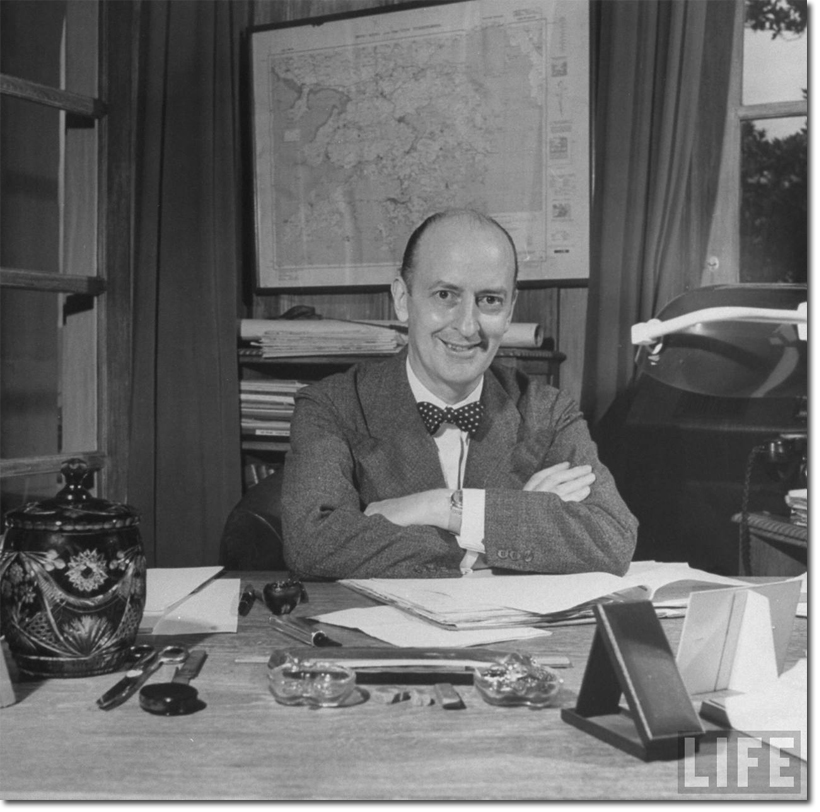|
|


|
|
When he assumed the governorship Hong Kong was already on its way to economic recovery but it faced the danger of the spilling over of the Chinese civil war (between the Kuomintang and the Chinese Communist Party) into the colony. The threat from China to Hong Kong's survival as a British colony appeared to have reached a near crisis point when the communists won control of the Chinese mainland and marched towards the Sino-British border in 1949. Grantham took the lead in working out a policy to defuse the threat from communist China. He rightly assessed that the communists would not invade Hong Kong provided the latter acknowledged its existence as a borrowed place on borrowed time, and made itself valuable to China.
At the same time Grantham took the lead to devise a policy of non-provocative firmness in dealing with Hong Kong's communist neighbour and in maintaining strict neutrality in the as yet unfinished Chinese civil war, which turned into a stalemate across the Taiwan Strait after the United States Navy started to patrol the straits when the Korean War broke out in 1950. By a combination of pragmatism, realism, and the ability to remain firm against any unreasonable demands, he played a crucial role in establishing a modus operandi between the governments in Hong Kong and Beijing, which allowed the latter to sidetrack domestic irredentist pressure. It was under his governorship that the Chinese government's demand, raised since 1942, for the return of the leased part of Hong Kong, was put aside. This continued for over three decades and allowed Hong Kong to transform itself from a colonial outpost into a cosmopolitan modern metropolis. Grantham played an even more important, indeed a pivotal, role in the shelving of democratic reforms which were strongly advocated by his predecessor, Sir Mark Young. Although both men related the issue of democratization to the future of Hong Kong, Grantham, unlike Young, believed Hong Kong had no other future apart from being either a British colony or part of China's Guangdong (Kwangtung) province, given that 90 per cent of its territories were leased from China until 30 June 1997. Confident in his knowledge of the Chinese people and their politics, Grantham thought Young was misguided in attempting to turn Hong Kong's Chinese residents into loyal British subjects. He did not believe the Chinese of Hong Kong could become either loyal British subjects or good democrats. He was convinced that giving them the vote could only lead to their voting to end British colonial rule and to rejoin mother China, even though they actually preferred the stability and good order offered by the colonial government. Hence, he delayed the implementation of Young's reform plan for almost two years, and then substituted it with a set of more conservative proposals when the Chinese civil war was reaching its climax and distracting public attention in 1949. He remained sceptical about the wisdom of democratic changes in Hong Kong, and did not push hard for his proposals when various officials in the Colonial Office doubted the wisdom of his alternative. After Hong Kong started to suffer from its first recession, which threatened the livelihood of the overwhelming majority of its people and diverted their attention from the reform issue, Grantham adroitly manoeuvred to abandon democratization in 1952 on the ground that it would be 'inopportune', and skilfully sidetracked all subsequent demands to reopen the issue during the remainder of his governorship. |
Armed Forces | Art and Culture | Articles | Biographies | Colonies | Discussion | Glossary | Home | Library | Links | Map Room | Sources and Media | Science and Technology | Search | Student Zone | Timelines | TV and Film